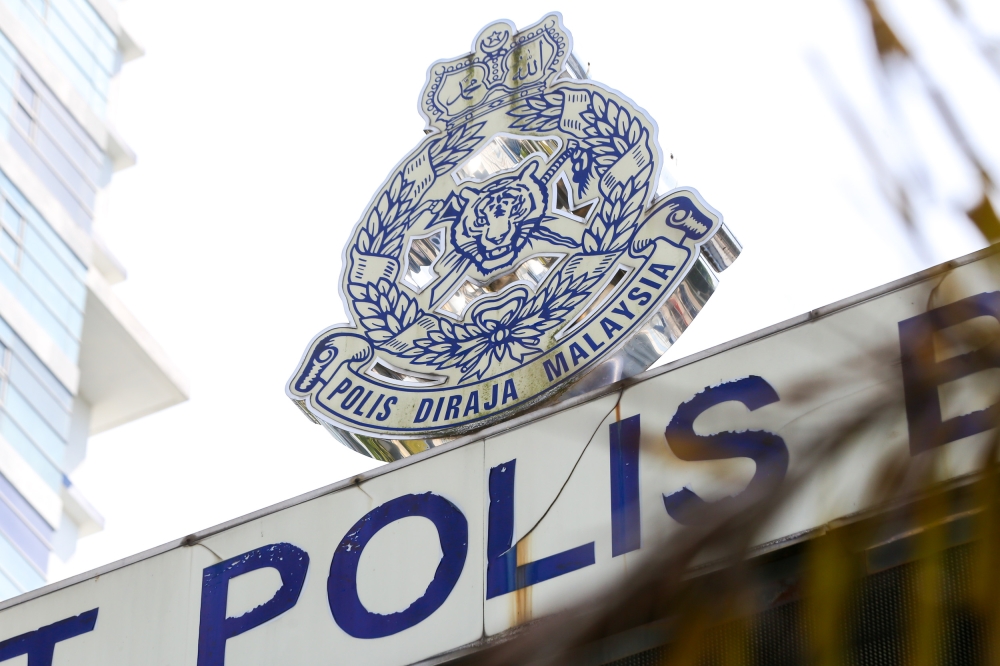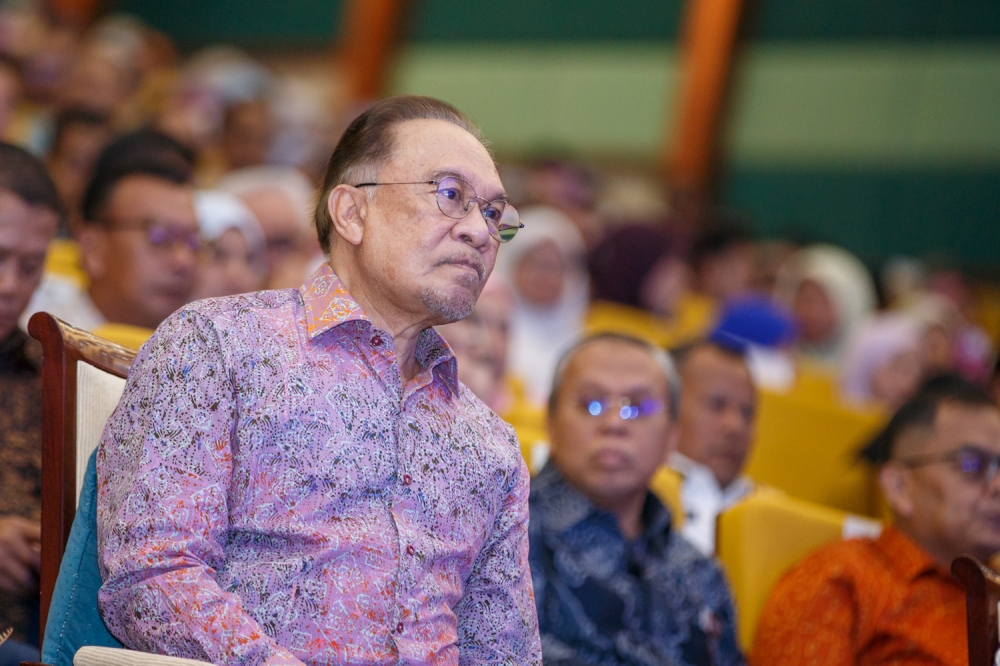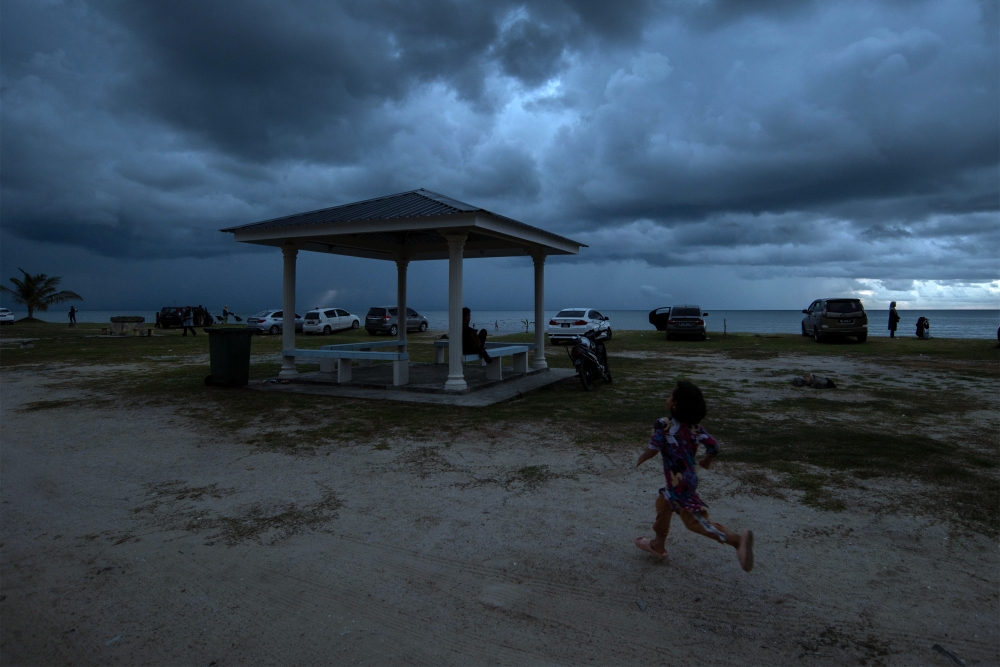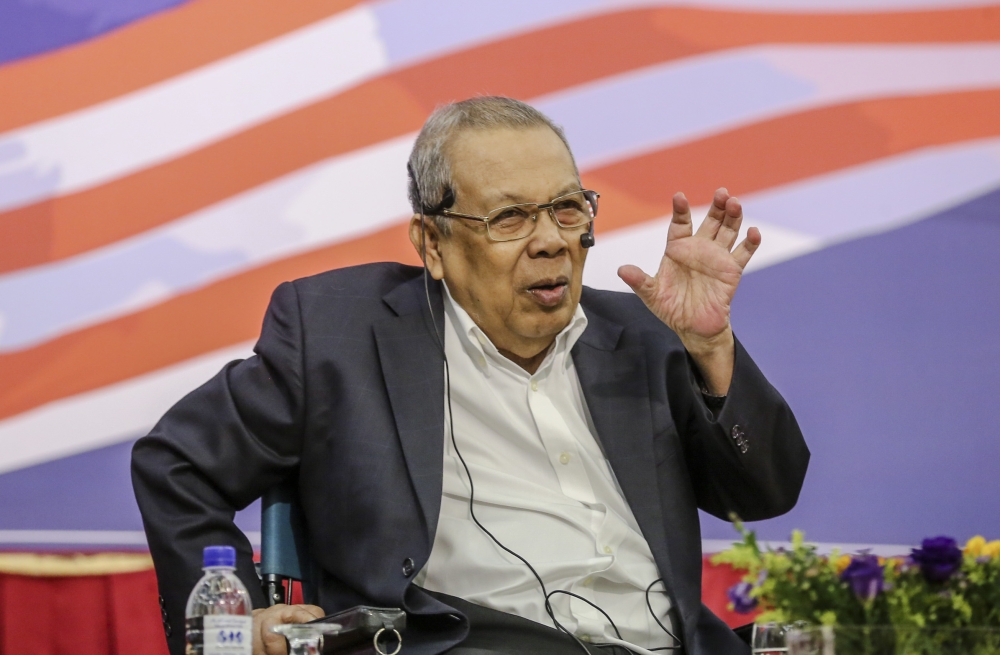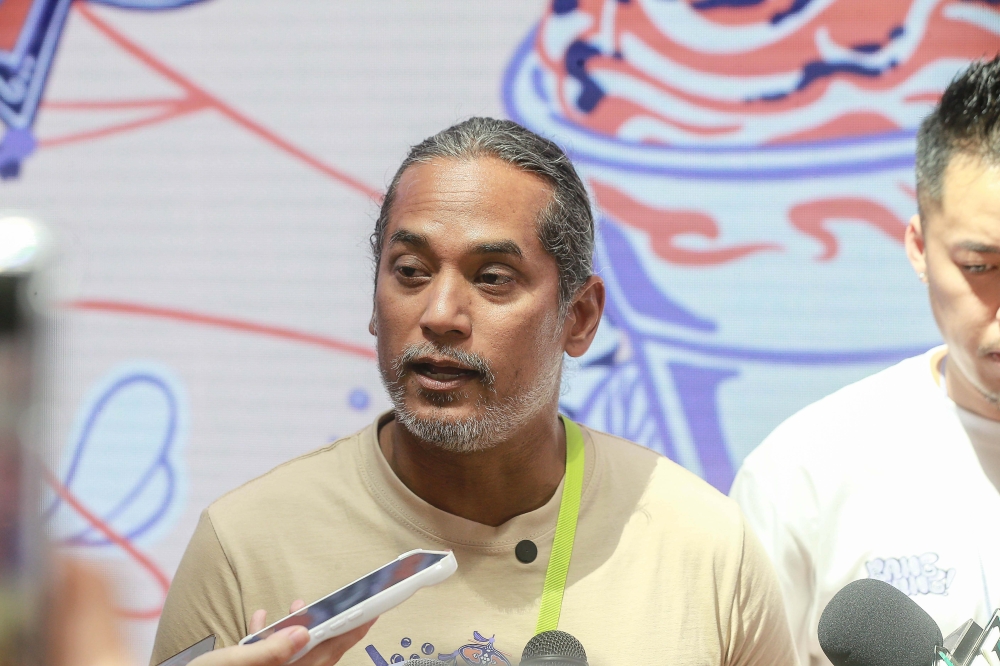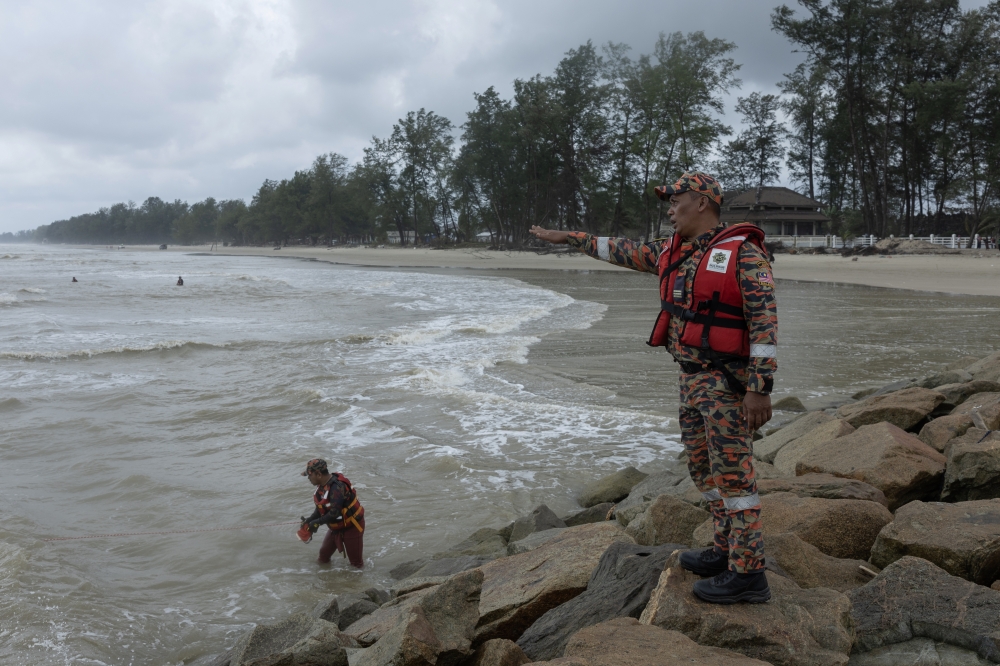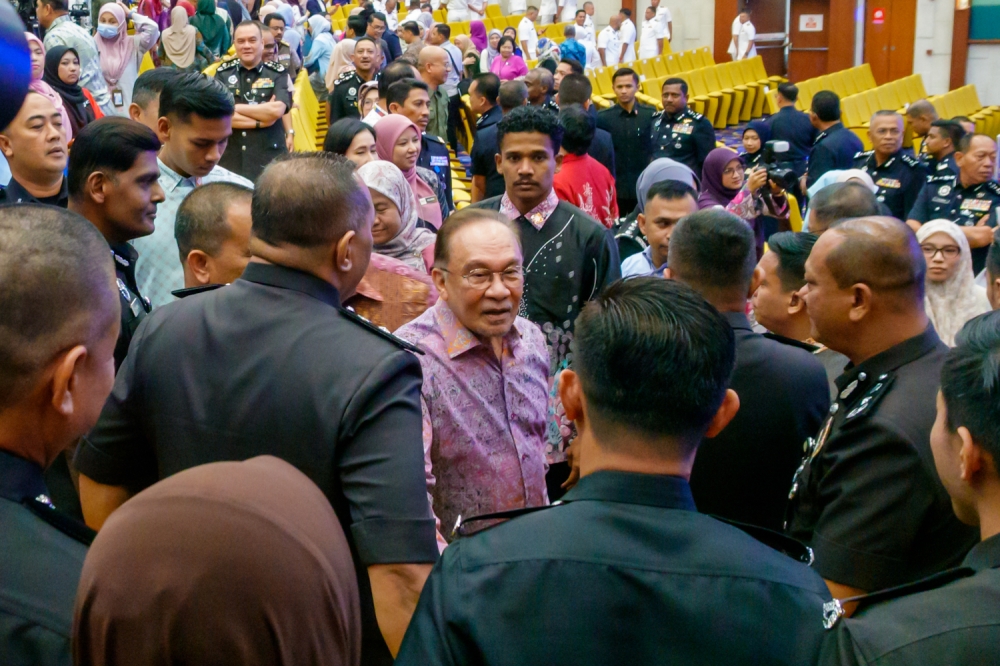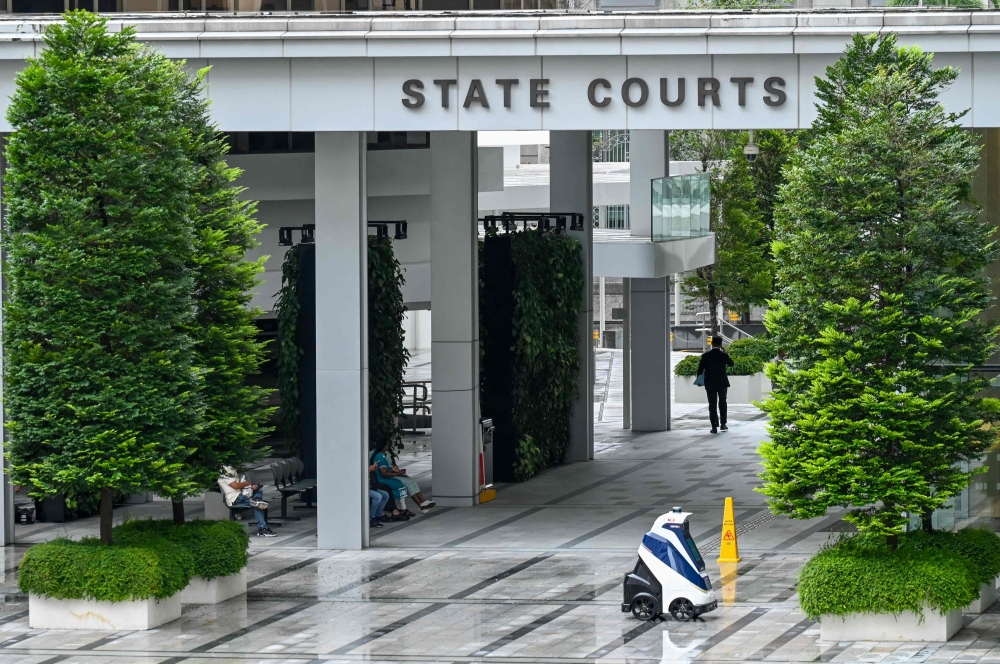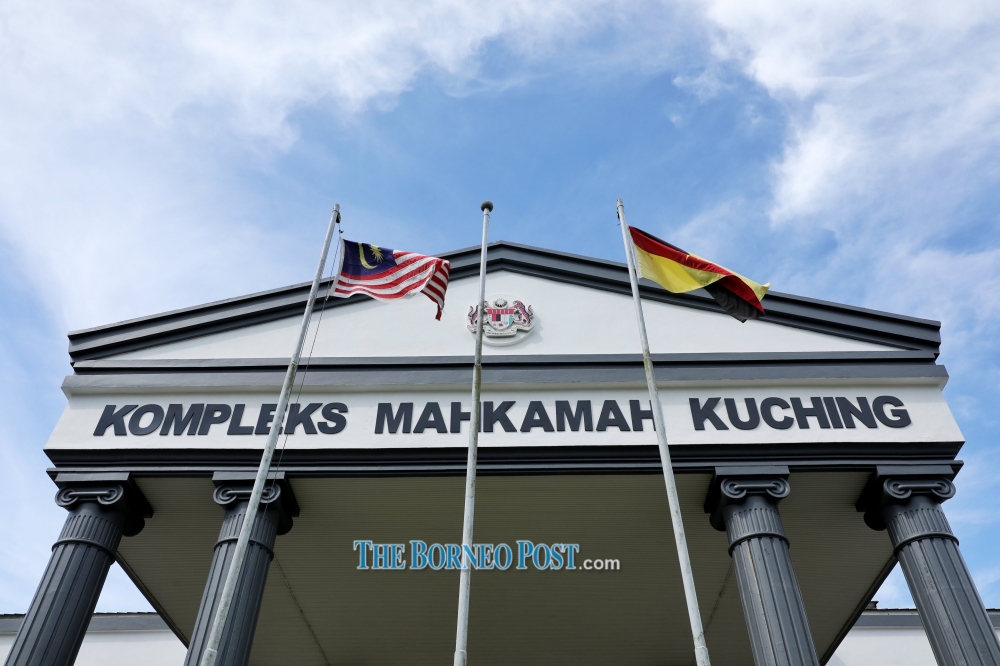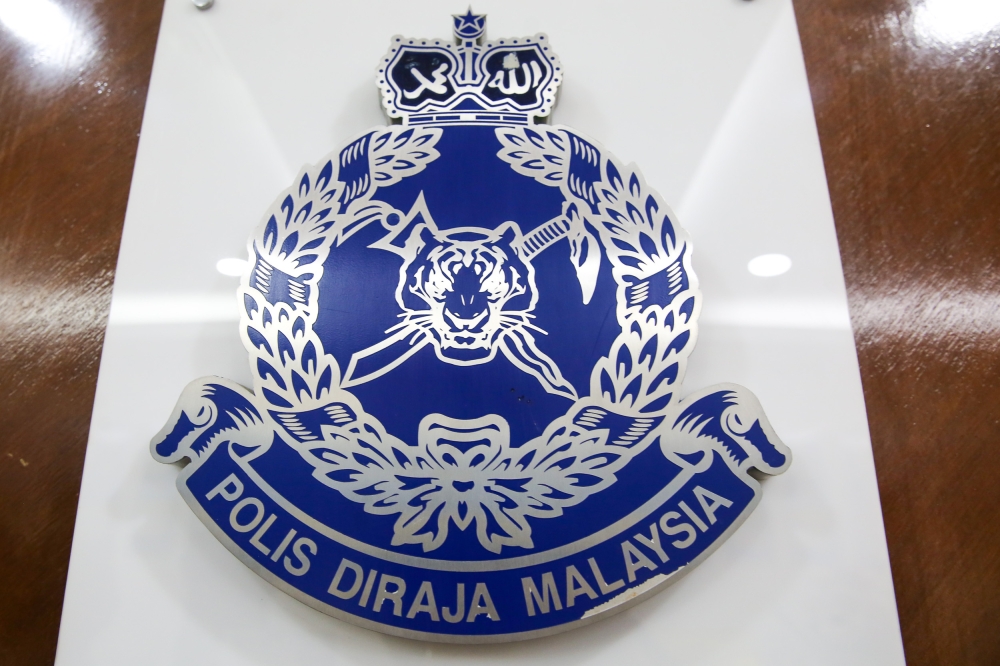SINGAPORE, July 6 — The Foreign Interference (Countermeasures) Act (Fica) will come into effect in parts, with the provisions tackling hostile information campaigns taking effect from tomorow (July 7), the Ministry of Home Affairs (MHA) said in a statement today.
The legal provisions targeting foreign interference via local proxies will come into force at a later stage.
Under Fica, which was passed in Parliament last October, the government will be given stronger powers to detect and counter hostile information campaigns — coordinated operations by “hostile foreign principals” that interfere in Singapore’s politics and incite social tensions.
It allows the authorities to issue directives to social media platforms, websites and other online services to investigate and counter foreign interference.
These powers include blocking websites or social media accounts involved in such hostile campaigns, preventing the distribution of mobile applications in Singapore, and crippling the funding sources of such content.
Another prong of the new law, which will take effect at a later stage, allows the authorities to target local proxies such as politicians, political parties or other “politically significant persons”.
When it comes into force, the government will be able to designate people and organisations that may become targets of a foreign influence operation. This means that they will be required to disclose their funding sources regularly and provide specific information to aid authorities in detecting these operations.
The powers under both prongs are vested in the Minister for Home Affairs.
MHA has said that foreign interference poses a serious threat to Singapore’s political sovereignty and national security, such as through hostile information campaigns aiming to mislead or play up controversial issues such as those relating to race and religion.
Analysts said Fica was among the most comprehensive and expansive they have seen for this purpose and saw it as an update of Singapore’s tools to deal with modern foreign interference tactics.
However, two non-governmental organisations that will be deemed “politically significant persons” under Fica criticised the law, saying it signals the government’s lack of trust in its people and questioned whether their meetings with international counterparts will be restricted.
During the marathon debate in Parliament that lasted 11 hours, Non-Constituency Member of Parliament (NCMP) Leong Mun Wai from the Progress Singapore Party sought to delay the Bill’s passage, but ultimately failed.
Law and Home Affairs Minister K. Shanmugam rejected claims that the law will curtail foreign collaborations, saying that the language of Fica must be broad enough to cover activities that seem normal since foreign agencies may use “legitimate-looking fronts” to further their aims.
Several Workers’ Party (WP) MPs spoke at length on the opposition’s key proposal for there to be judicial oversight of the new law.
To which, Shanmugam replied that while the separation of powers and rule of law were fundamental principles, the government needs to “look at what works”.
The law was passed with 75 ayes to 11 nos, with two Nominated MPs abstaining. All 10 WP MPs and Leong voted against. ― TODAY



